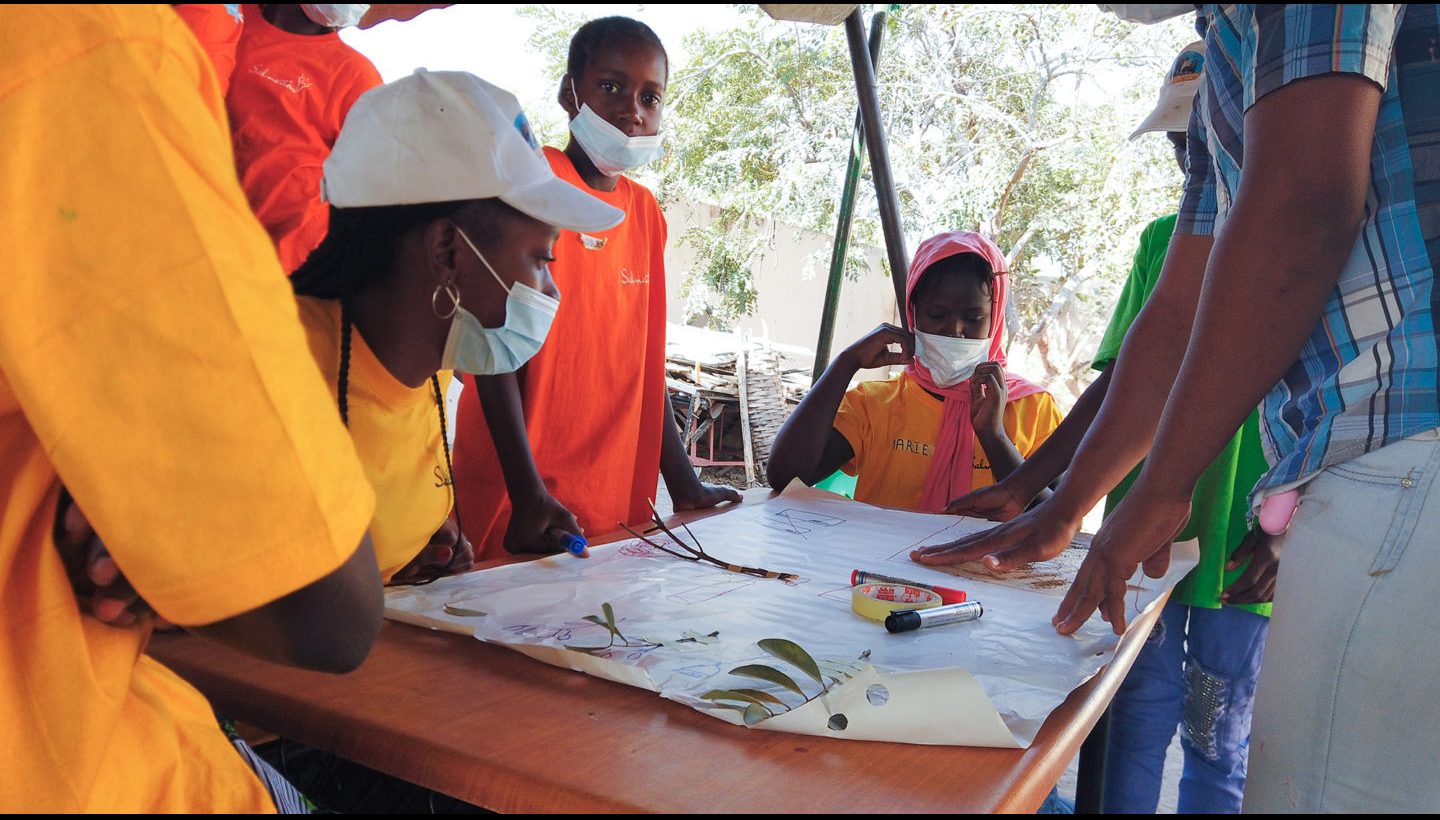
Check in with UNICEF’s Salmaïtou Senegal Project, which has been providing tech and entrepreneurship education to girls in the Kolda region of Senegal.
Today is the International Day of the Girl, but progress for adolescent girls has not kept pace with the realities they face today. For instance, worldwide nearly 25% of girls aged 15-19 years old are neither employed nor in education compared to 10% of boys of the same age.
There is also a digital gender divide. The gender gap for global internet users increased from 11% in 2013 to 17% in 2019, and in the least developed countries, it is around 43%. Girls are also less likely than boys to use and own devices, and gain tech-related skills and jobs.
In other words, there is a lot of work to be done on gender equality. Striving for equality is engraved in Rovio’s values, and as part of our work, we have supported UNICEF since 2019. The cornerstone of this support is the Salmaïtou Senegal project in Senegal’s Kolda region, which aims to teach practical tech-related skills to 100 of the most vulnerable girls in and out of school.
The program started in February 2021 and consists of bootcamps and mentoring through which the girls can acquire skills in digital technologies, innovation, and social entrepreneurship. The first group of 50 girls has completed their bootcamp and is now going through the mentoring phase. During the bootcamp, the girls:
- developed their capabilities in problem resolution by creating a team spirit.
- discovered digital tools and developed their digital culture.
- became familiar with algorithms and the concept of computer coding with blocks.
- learned website design with WIX and mobile application design with MIT App Inventor.
- learned using SCRATCH to understand video game design, and the assembly and programming of robots.
- attended follow-up sessions in eg. social entrepreneurship and robotics to enable them to move on to the incubation stage with their chosen projects.
The ongoing mentoring phase includes modules such as theatre and writing workshops to continue reinforcing the girls’ self-confidence, sessions to reinforce their skills in algorithms and programming, and incubation of four of the girls’ projects that have received seed funding. These projects include producing and commercializing soap from recycled products, a micro-market garden, a poultry farm, and a project to process local produce.
The second group of 50 girls is now attending the bootcamp, and will soon follow with the mentoring phase. The entire group will also visit for example tech and agro-food processing enterprises before the project concludes in December.
The world is far from equal, and projects such as Salmaïtou Senegal are only little dots in the ocean of work that is needed to make it better – but we believe it is possible.
Join us today, and every day, in celebrating all the girls around the world!